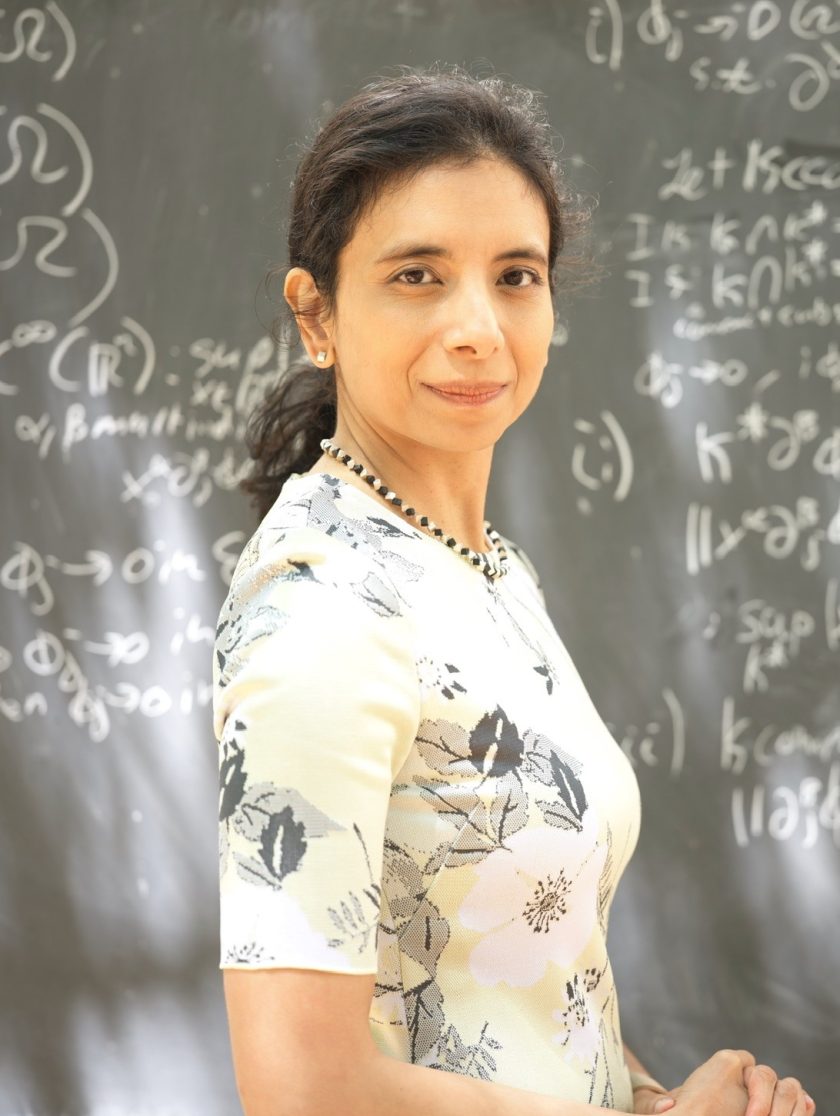Abstract
The main bottleneck in doing scientific research is the need for physical experiments in many areas. This means risky ideas are often discarded and the hypothesis space is traditionally restricted to regions of prior success. AI is disrupting this status quo by enabling physically-valid digital twins that reduce or even completely remove the need for physical experiments. AI models are orders of magnitude faster than traditional simulations, and often more accurate, since they can directly adapt to experimental and observational data. Since AI models are differentiable, they can be directly used for inverse design, enabling exploration and design optimization subject to diverse constraints, that was not possible before. Neural Operators enable multiscale and physics-informed learning for achieving high fidelity and training data efficiency in many areas. They have been successfully applied in weather and climate modeling, plasma evolution in nuclear fusion, designing novel medical devices and enabling autonomous flights under turbulence.
Biography
Anima Anandkumar has done pioneering work in AI for scientific modeling and discovery, including extreme weather forecasting, drug discovery, scientific simulations, and engineering design. She invented Neural Operators, a deep learning framework for learning multiscale physical phenomena and used it to train the first AI-based high-resolution weather model, tens of thousands of times faster than current forecasting systems, that is running at weather agencies and created the field of AI-based weather and climate modeling. Her AI algorithms have enabled many other scientific advances such as designing a novel medical device, inventing an anti-cancer drug currently in clinical trials, and safer autonomous drone flights.
Anima is currently a Bren professor at Caltech and a fellow of the IEEE, ACM, and AAAI. She has received several awards, including the Time 100 Impact Award, IEEE Kiyo Tomiyasu Award, the Schmidt Sciences AI2050 senior fellow, awards from the Guggenheim, Alfred P. Sloan and Blavatnik Foundations, the NSF Career Award, the Distinguished Alumnus Award by the Indian Institute of Technology Madras, and best paper awards at venues such as Neural Information Processing and the ACM Gordon Bell Special Prize for HPC-Based COVID-19 Research. She recently presented her work on AI+Science to the White House Science Council (PCAST), the National AI Advisory Committee, and at TED 2024.
Anima received her B. Tech from the Indian Institute of Technology Madras and her Ph.D. from Cornell University and did her postdoctoral research at MIT. She was previously principal scientist at Amazon Web Services and senior director of AI research at NVIDIA.


